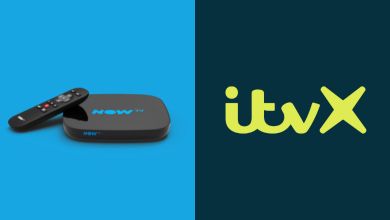There are plenty of ways to assess a company’s success. Tracking profits and losses is one brilliant way to do this. Profits keep the business afloat and allow for expansion, but some losses often accompany them. Monitoring your profits and losses aids in the growth of your business and keeps you focused on your objectives. It also helps businesses make informed cost-cutting decisions and implement effective revenue-boosting strategies. Furthermore, tracking your profits and losses helps your company’s financial health.
However, monitoring your profits and losses as a small or large business can be overwhelming. It will be easier and less stressful if you make it a daily habit and use the right tools. Note that keeping tabs on your finances does not require hard work but rather a strategic effort. Smart financial tracking eliminates stumbling blocks and produces better results. Here are a few strategies for keeping track of your profits and losses:
Contents
Open a Business Account
Businesses, particularly small businesses, fail to distinguish between personal and business accounts. This is the first and most important step in profit and loss management. Most small businesses skip this step, which later complicates the separation of business and personal expenses.
Separating your business and personal accounts is recommended to manage the business and personal expenses effectively. Tax payments are simplified with separate business accounts because huge piles of tax statements are avoided. When business accounts use their credit cards, financial institutions reward them with cash back and points. In fact, businesses prefer digital transactions over cash payments, which are made possible by credit cards linked to business accounts.
Invest in an Accounting Software
Accounting software helps a business manage its daily financial transactions. It compiles financial data and generates reports that provide the company with insights into how to grow its businesses. Accounting software can Synchronize your bank, credit card, and transaction records, providing you with expenditure information with a single click. With the information at your fingertips, you can easily curate your inventory sheet and track expenses.
Accounting software saves you time on data entry and money on hiring a bookkeeper. It also provides top benefits to businesses that conduct digital transactions and securely store their data in the cloud. This is an excellent method for managing your company’s financial health.
Create a Spreadsheet
Small businesses may be unable to obtain accounting software, but this does not mean they are without options. Creating a spreadsheet is another method for tracking your company’s finances. Using simple tools like Google Sheets or Excel, you can create spreadsheets to track every penny that leaves or enters your business. One advantage of using a spreadsheet is that it is compatible with accounting software, so transferring your data will be easy when the time comes.
Properly Store Your Invoices
Invoicing is difficult for business owners, especially if it is done on paper. Even if your business is just starting out, you should digitize your invoices right away. It is strongly advised to conduct transactions digitally for invoice storage or recovery. If you have paper invoices, try categorizing them and storing them in files or waterproof folders. You could also scan and upload them to the cloud for easy access when needed.

Keeping track of business finances is tricky, but the process can be seamless with the right tools. The financial health of your company is crucial for its evaluation and success. Using technology to track your company’s financial records is a wise investment. Lastly, profits and losses are an important part of any business, and failing to manage them effectively can be disastrous.



